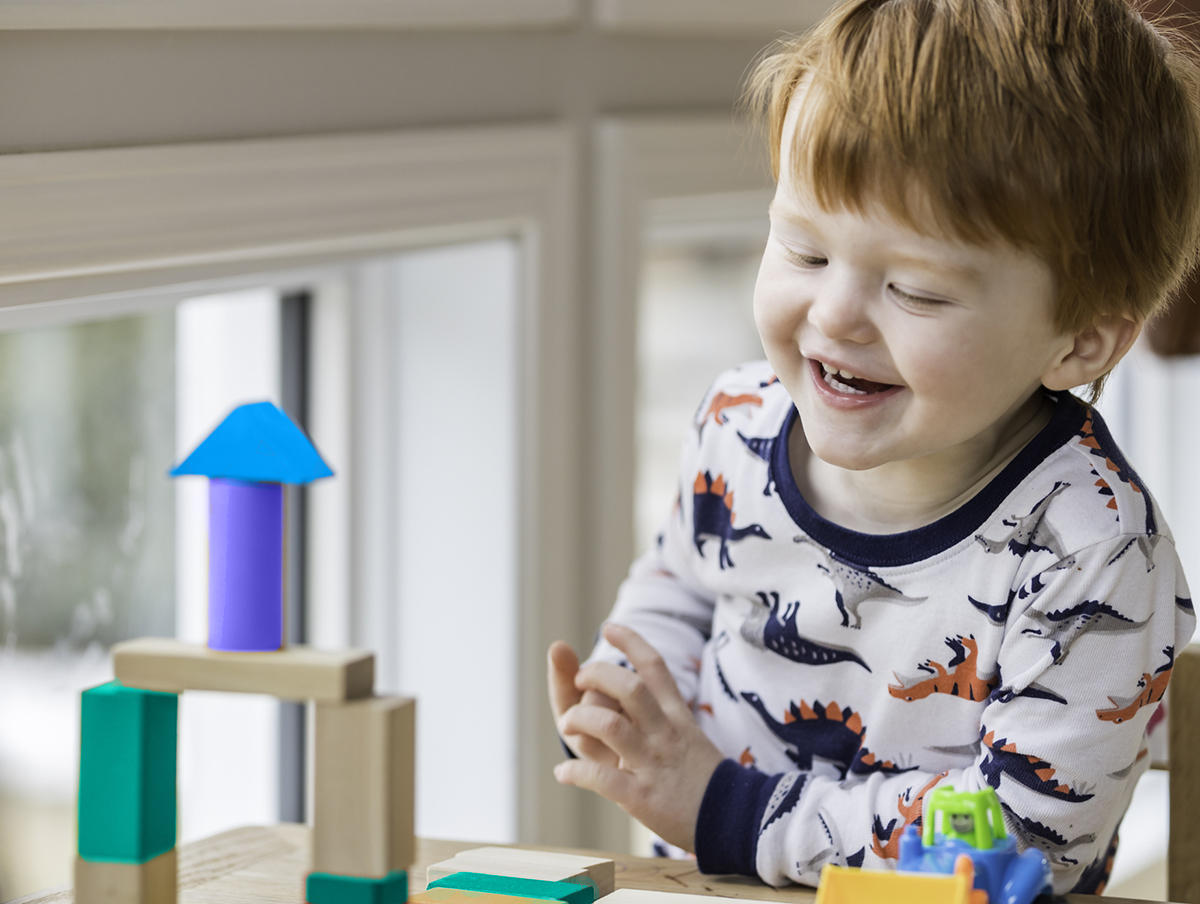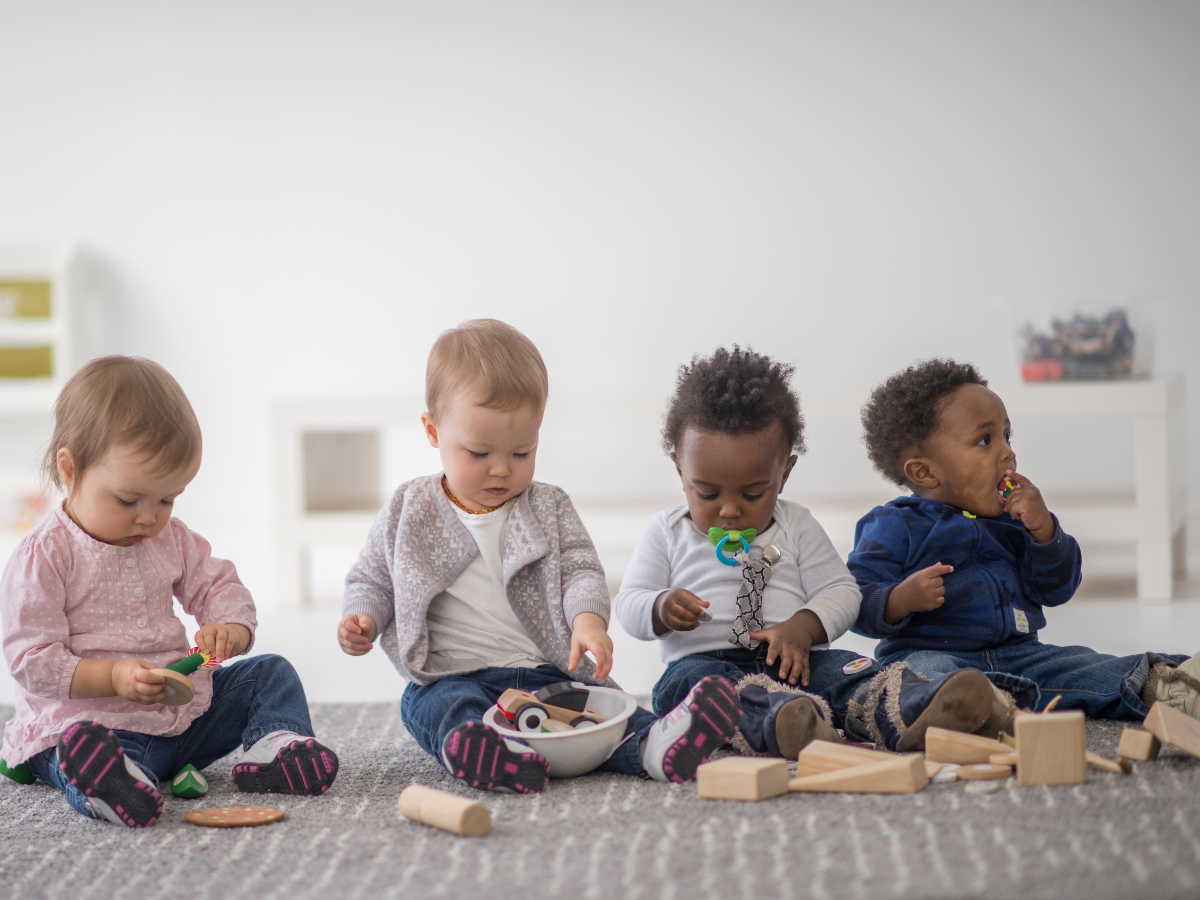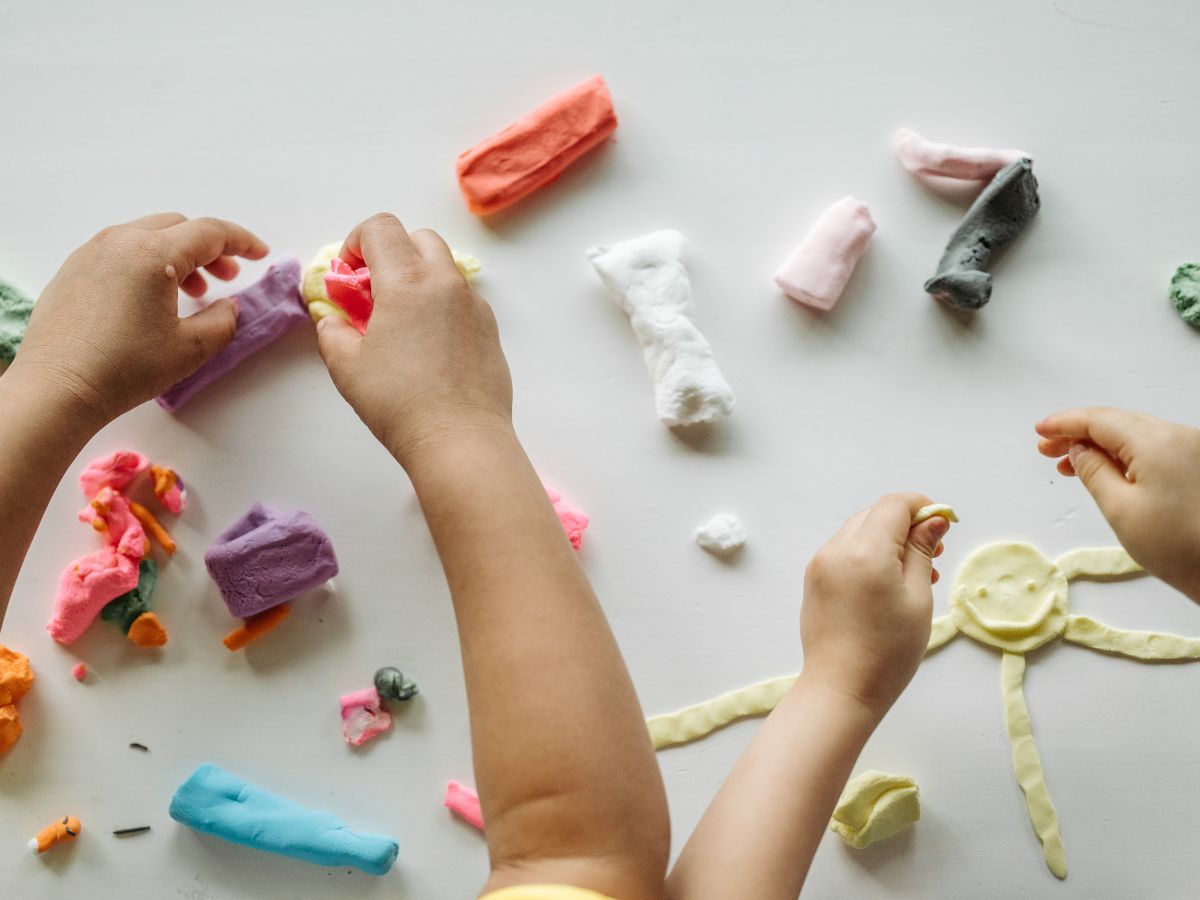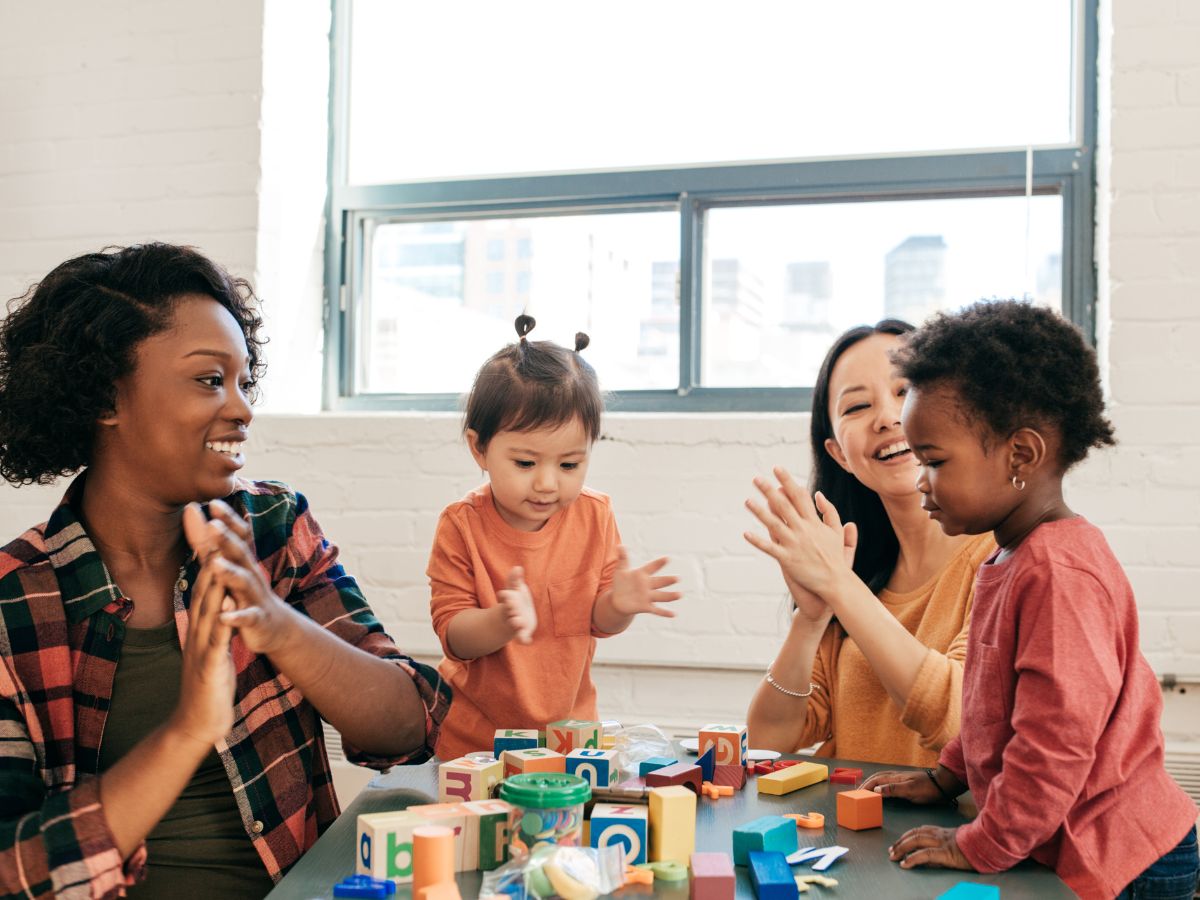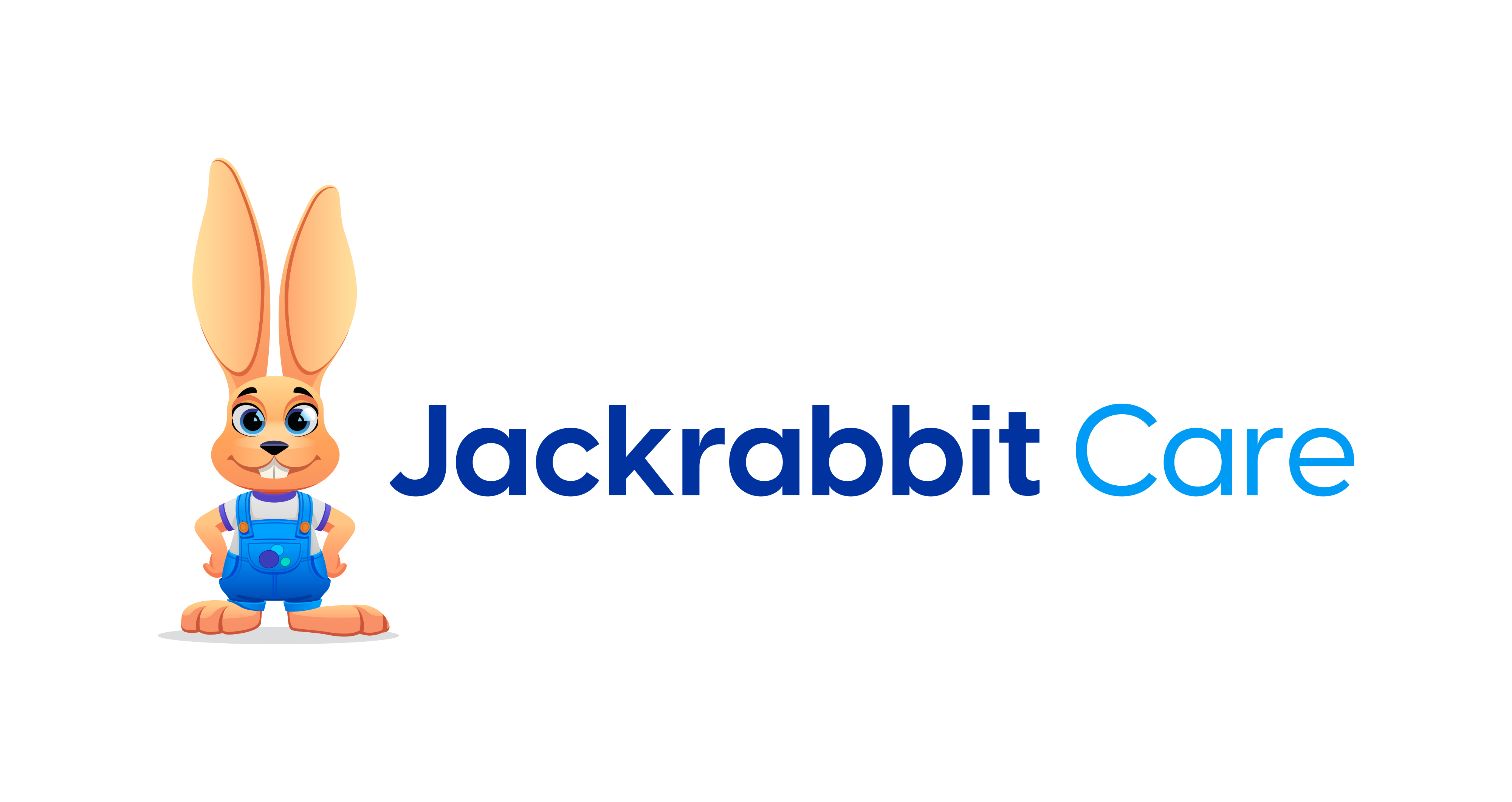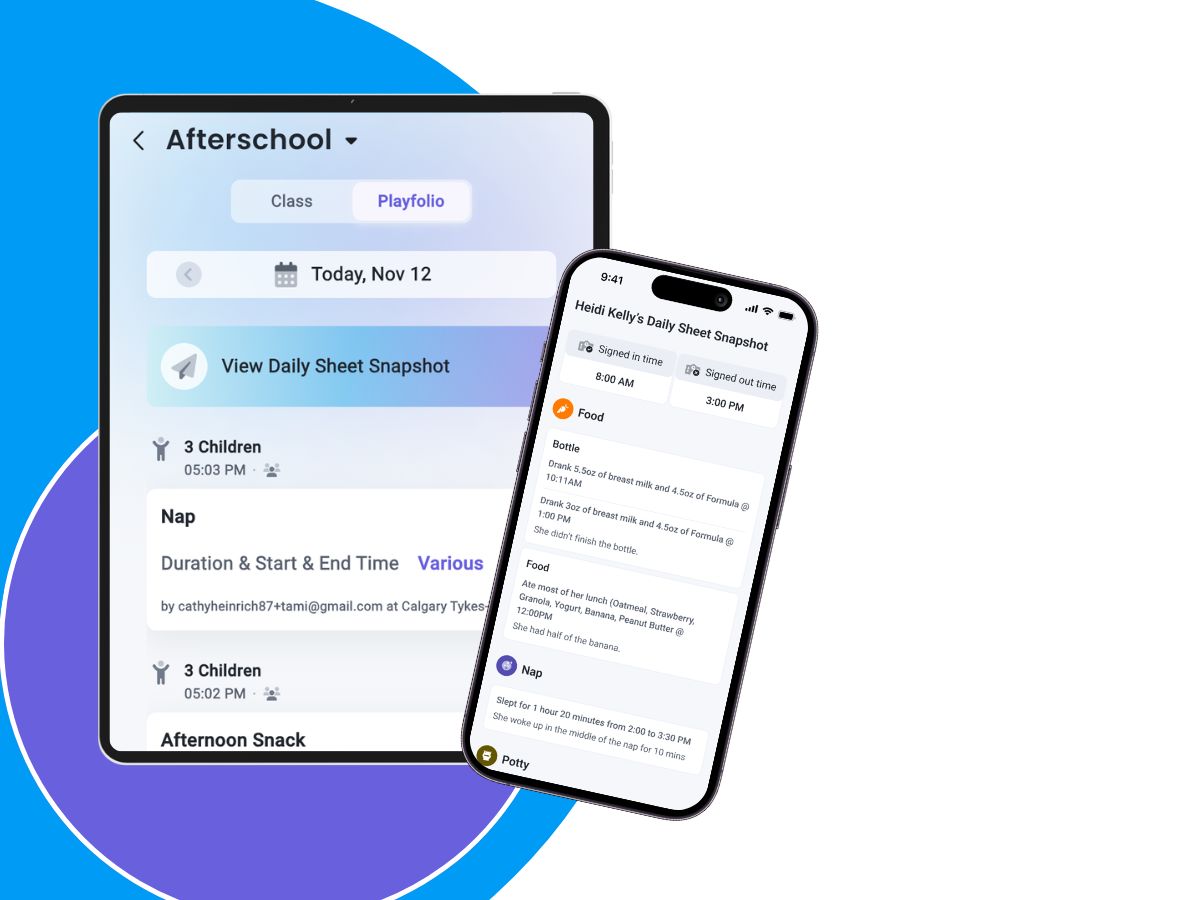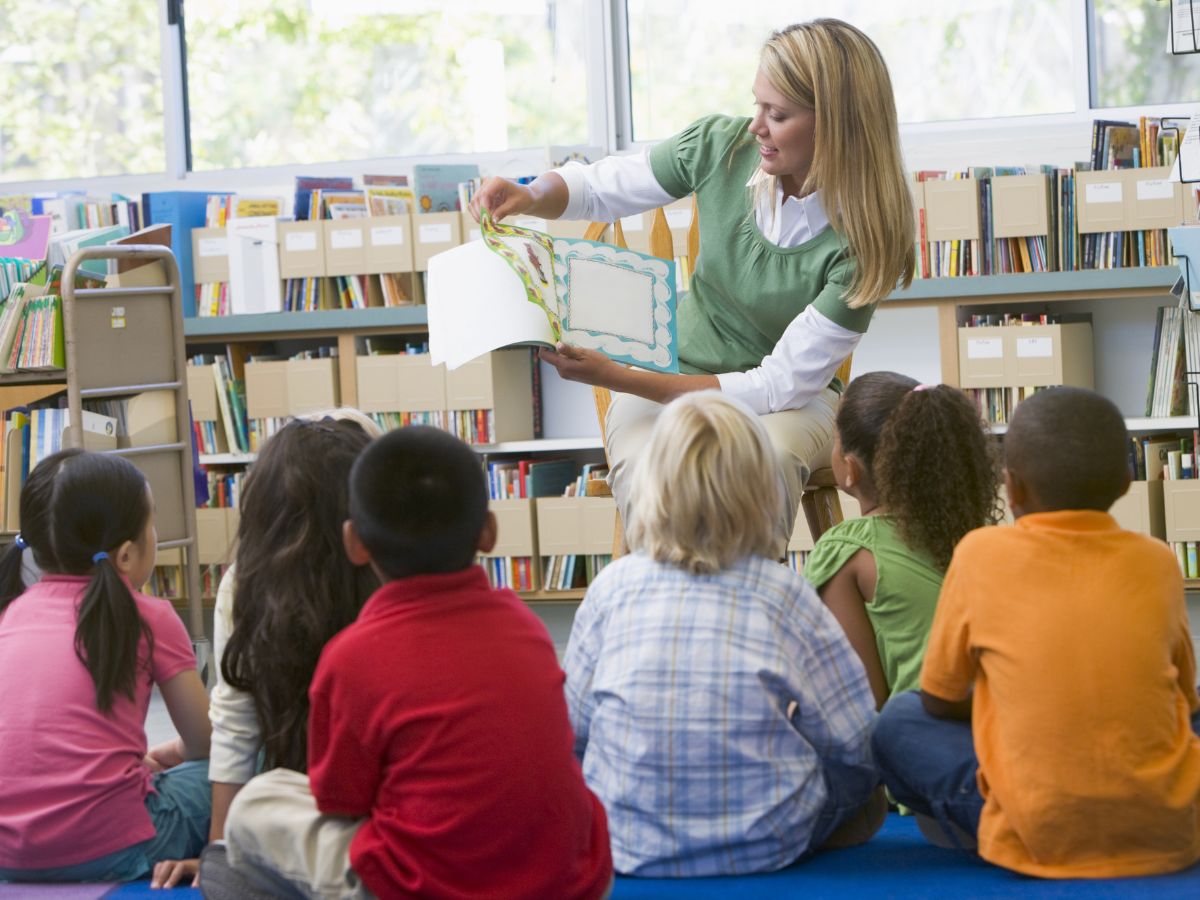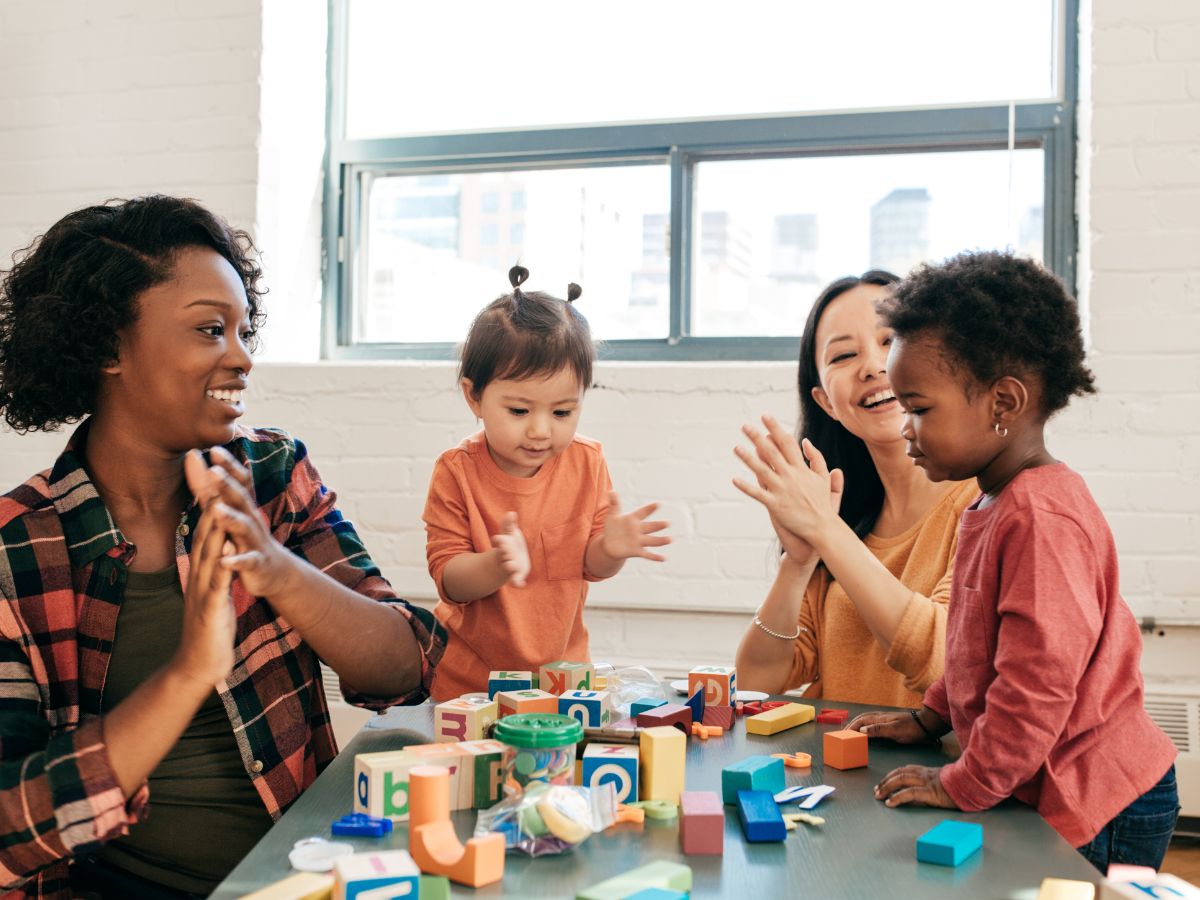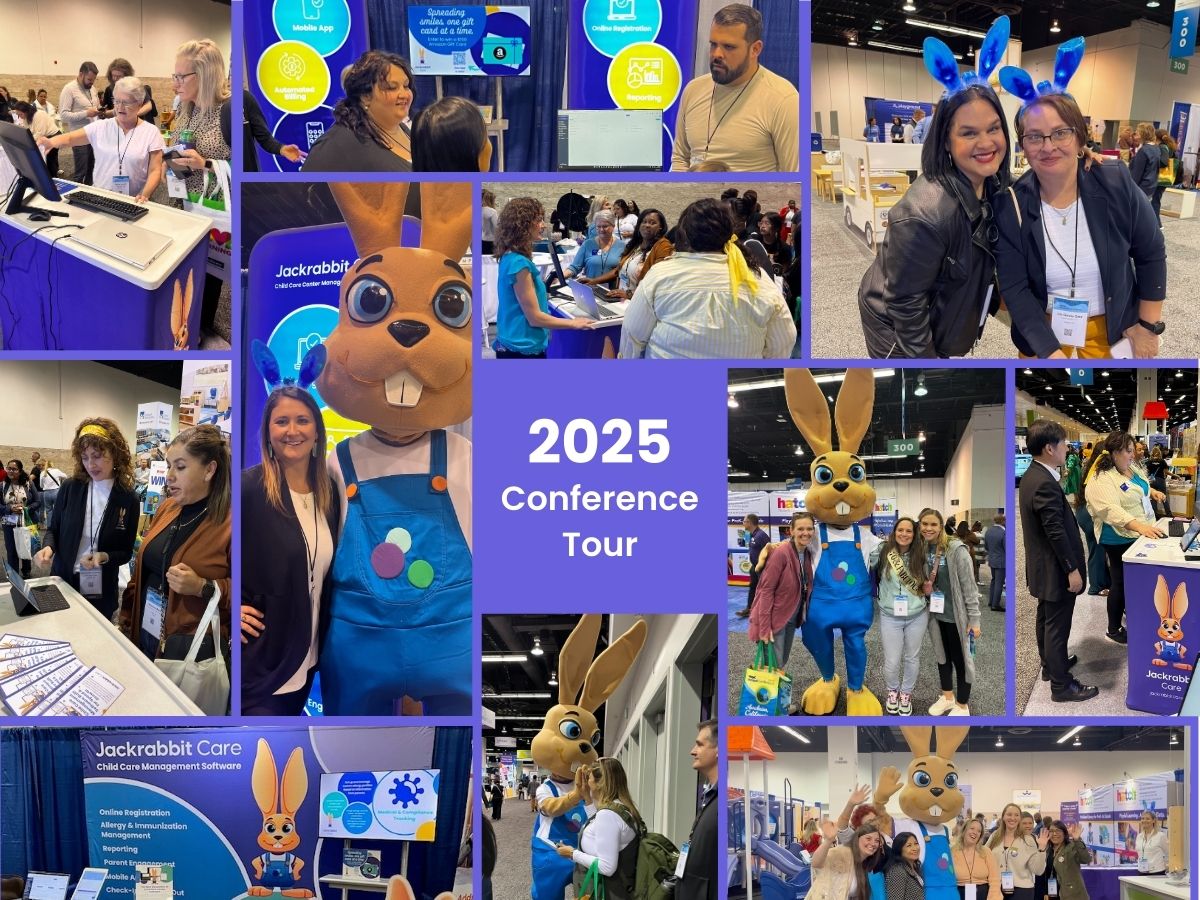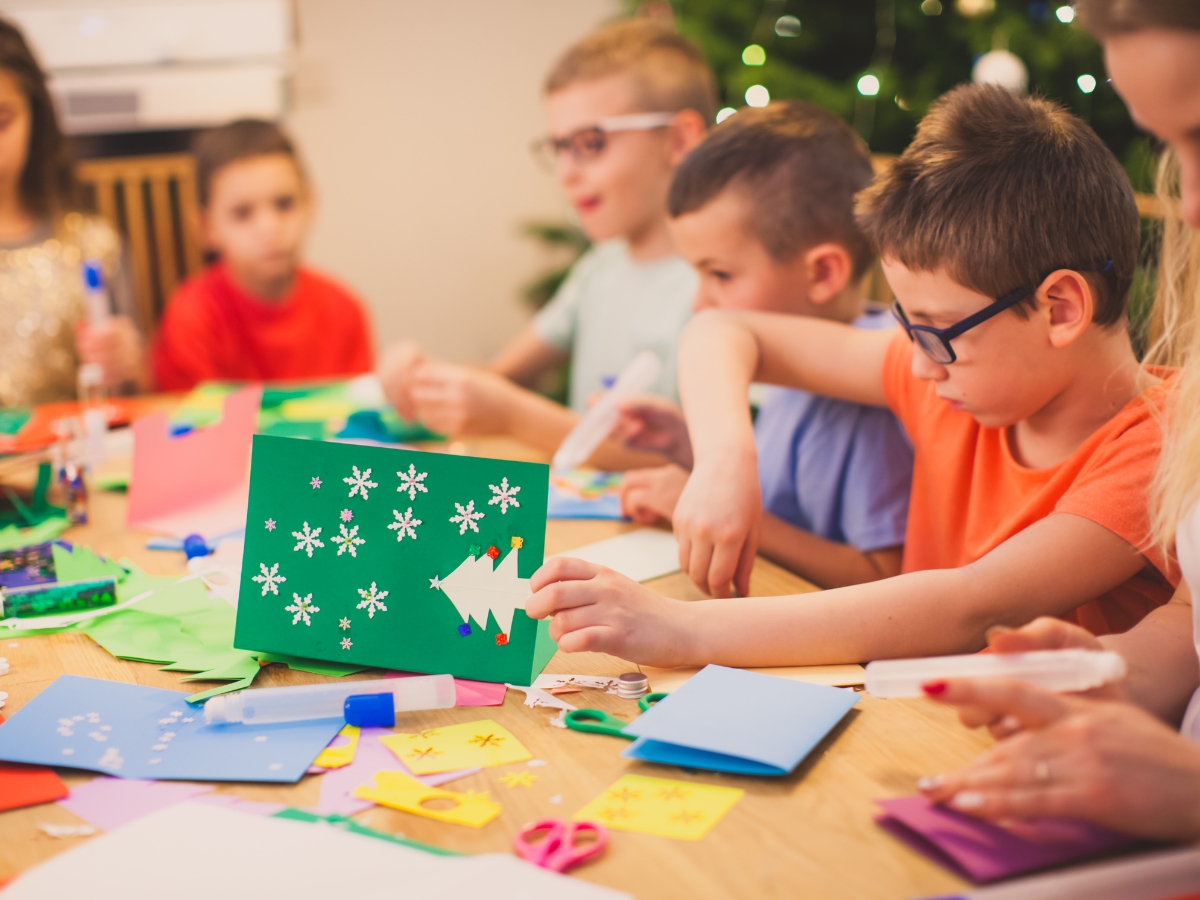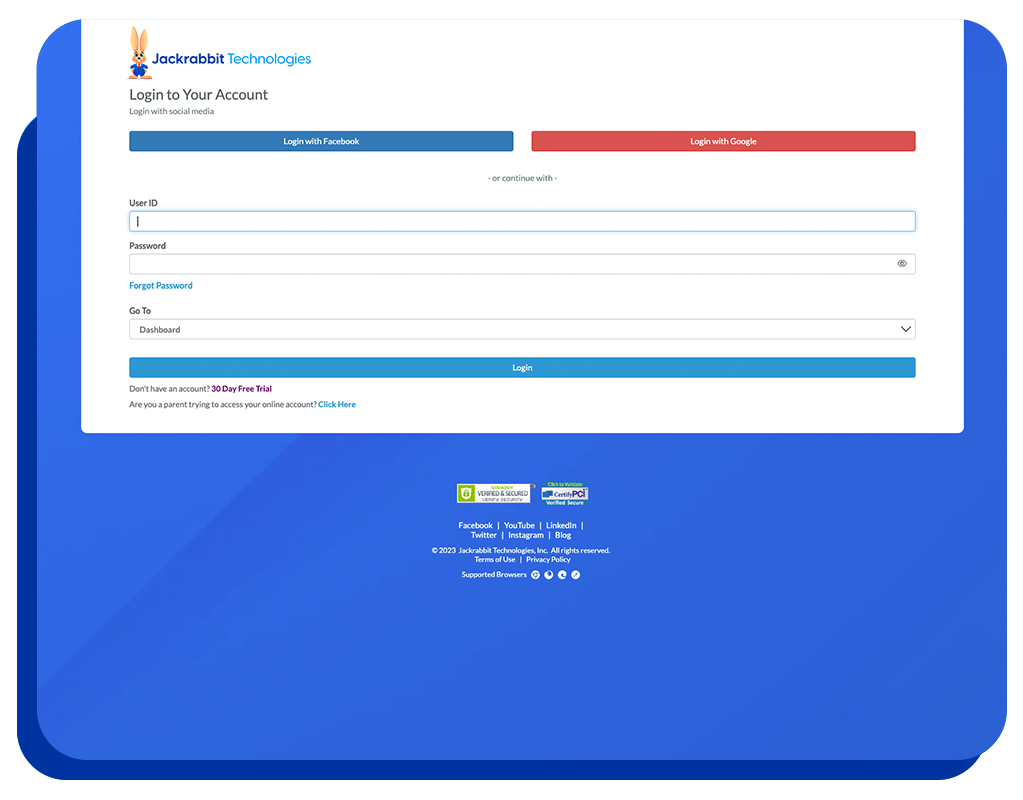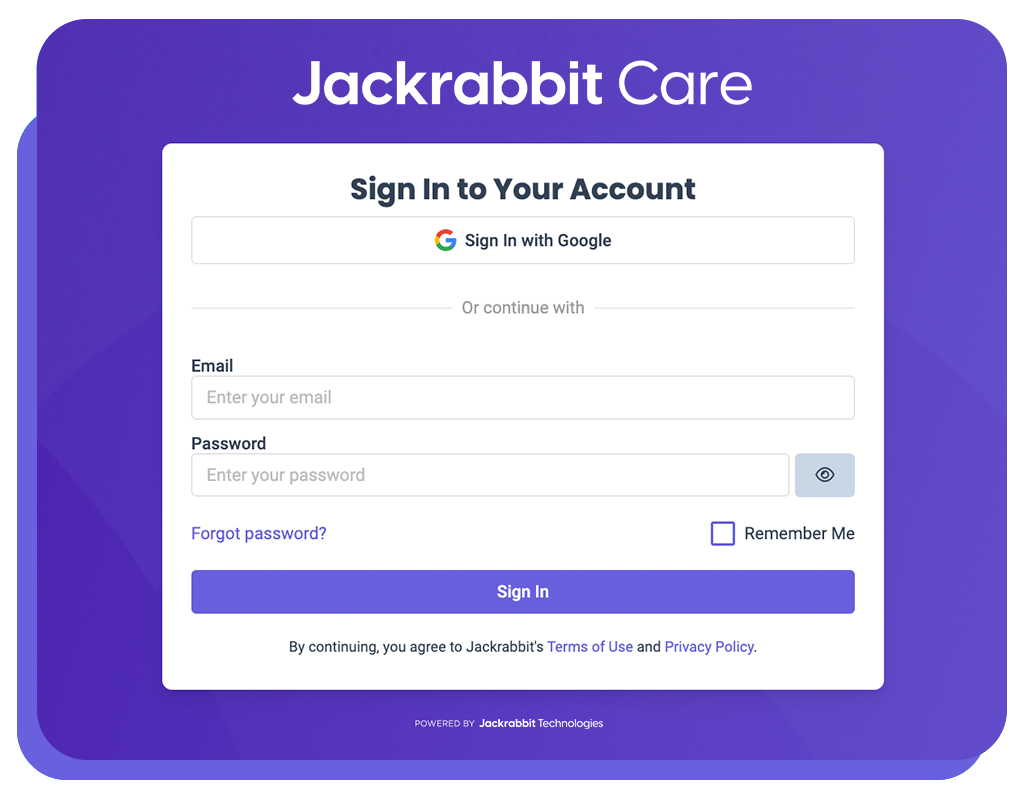A child’s brain develops faster during their first five years than at any other time in their lives, which is why it’s crucial to get them involved in preschool. The expert support they receive during preschool will help them develop the skills they need to succeed in the future.
Preschool days are filled with activities that help children develop emotionally, socially, intellectually, and physically. They’ll also develop invaluable cognitive skills like vocabulary and basic counting that will set them up for a lifetime of learning. All of these skills combined will also help boost their self-esteem.
Preschool curriculums include a wide range of themes and activities that help children develop the skills and abilities they need to grow into well-behaved, well-rounded kids. Read on to learn the essential preschool academic skills children should learn during this crucial period.
Gross Motor Skills for Preschoolers
Physical development begins with the development of gross motor skills. The development of gross motor skills will also help develop other important physical skills, including agility, hand-eye coordination, strength, balance, and body awareness. Examples of gross motor skills include:
- Climbing
- Hanging
- Throwing balls
- Catching balls
- Playing hopscotch
- Skipping
- Hopping
- Balancing on beams
- Singing action songs
- Running and chasing
Fine Motor Skills for Preschoolers
The development of fine motor skills focuses on the development of the small muscles. These skills are necessary for learning to write and perform many daily tasks. In preschool, children spend much of their days working on craft activities, including working with scissors, using markers, sculpting objects, and participating in other dexterity-centered creative activities that help them develop these skills. Examples of activities that focus on the development of fine motor skills learned in preschool include:
- Painting
- Drawing
- Pasting
- Cutting
- Puzzles
- Playing with pegs and pegboards
- Constructing boxes
- Threading
- Lacing
- Molding playdough
- Playing with construction toys
- Developing a pencil grip
- Learning to form letters
Math Concepts in Preschool
The foundations of mathematics begin in preschool, where children will start counting things and learn to recognize numbers. They will also begin to understand how math is used in the real world, building the foundation for more complex math curriculums in the future. Examples of math concepts that children should master in preschool include:
- Rote counting up to 20
- Sorting
- Reliably counting objects
- Classifying
- Temperature
- Capacity
- Length
- Weight
- Space
- Time
- Area
- Shapes
In preschool, children learn math concepts while having fun participating in activities like baking, playing with water, playing in the sandpit, building with blocks, and even during clean-up time.
Problem Solving in Preschool
Problem-solving is a crucial life skill that children should develop early. Problem-solving skills are essential in every aspect of life. Learning these skills helps children build a solid foundation for success in personal relationships, school, and daily activities. Games, assignments, and personal interactions are all effective ways to help children learn the essential problem-solving skills they need. Some preschool-level activities that help children master problem-solving skills include:
- Playing board games
- Construction play
- Building puzzles
- Social play that requires children to resolve problems
Vocabulary in Preschool
A child’s vocabulary can expand dramatically in a preschool environment. During preschool, they will learn grammar, the meaning of words, sentence construction, tenses, and more. They will master these skills during daily activities, including:
- Playing games
- Singing rhymes and songs
- Circle time discussions
- Playing with friends
- Playing with toys and equipment
- Listening to stories
- Learning about themes
Writing Skills for Preschoolers
By the time they’re three years old, most children are capable of learning how to read simple words and write their names. During preschool, they will practice these skills, which will set them up for literacy development success in kindergarten and beyond.
During preschool, children will master critical pre-writing skills like pencil grip, forming letters and patterns, learning about letters and their formations, and crossing the midline. These skills will be mastered through various art and play activities.

Listening Skills in Preschool
The development of listening skills is essential for a child’s overall social and academic learning experience. During preschool, children will learn how to follow directions, participate in class discussions, and understand what they’re being taught. They will master these skills by participating in activities like:
- Music activities
- Class discussions
- Listening to stories
- Playing games like I Spy and Broken Telephone
While children spend a lot of time mastering these skills at school, they must also continue to focus on them at home.
Reading Skills in Preschool
Learning to read requires the development of auditory and visual perception. Children will spend much of their time in preschool mastering the pre-reading skills they need to learn how to read formally in the future. These skills include:
- Listening comprehension
- Letter knowledge
- Print awareness
- Phonological awareness
- Motivation to read
Children will learn to master these skills through activities like:
- Following instructions
- Playing listening games
- Playing games involving hearing syllables
- Playing word games
- Playing rhyming games
Social Skills for Preschoolers
One of the essential skills that children will master in preschool is their social skills. In preschool, they’re constantly surrounded by adults and friends, which helps them learn how to interact appropriately with other people of all ages. Children must develop these essential skills before they start kindergarten.
During preschool, children will learn how to:
- Share
- Cooperate
- Take turns
- Work together
- Follow simple directions
- Communicate their wants and needs
It’s crucial for children to learn how to use spoken words and body language to convey their needs and express their feelings. In preschool, children will spend their days learning how to:
- Create and follow rules in games to encourage positive interaction
- Take turns
- Share
- Consider the opinions of others
- Show empathy
- Cooperate and negotiate
- Resolve conflicts
- Lead and follow
The early years are the most important in a child’s overall development. Play is the best way to teach preschoolers the skills they need to master that will set them up for future social, emotional, and academic success. By creating a curriculum that engages the senses and allows children to use their whole bodies, they will eventually master the preschool academic skills they need. A quality preschool curriculum delivers a well-rounded education through a balance of well-planned, adult-guided play and free play.

